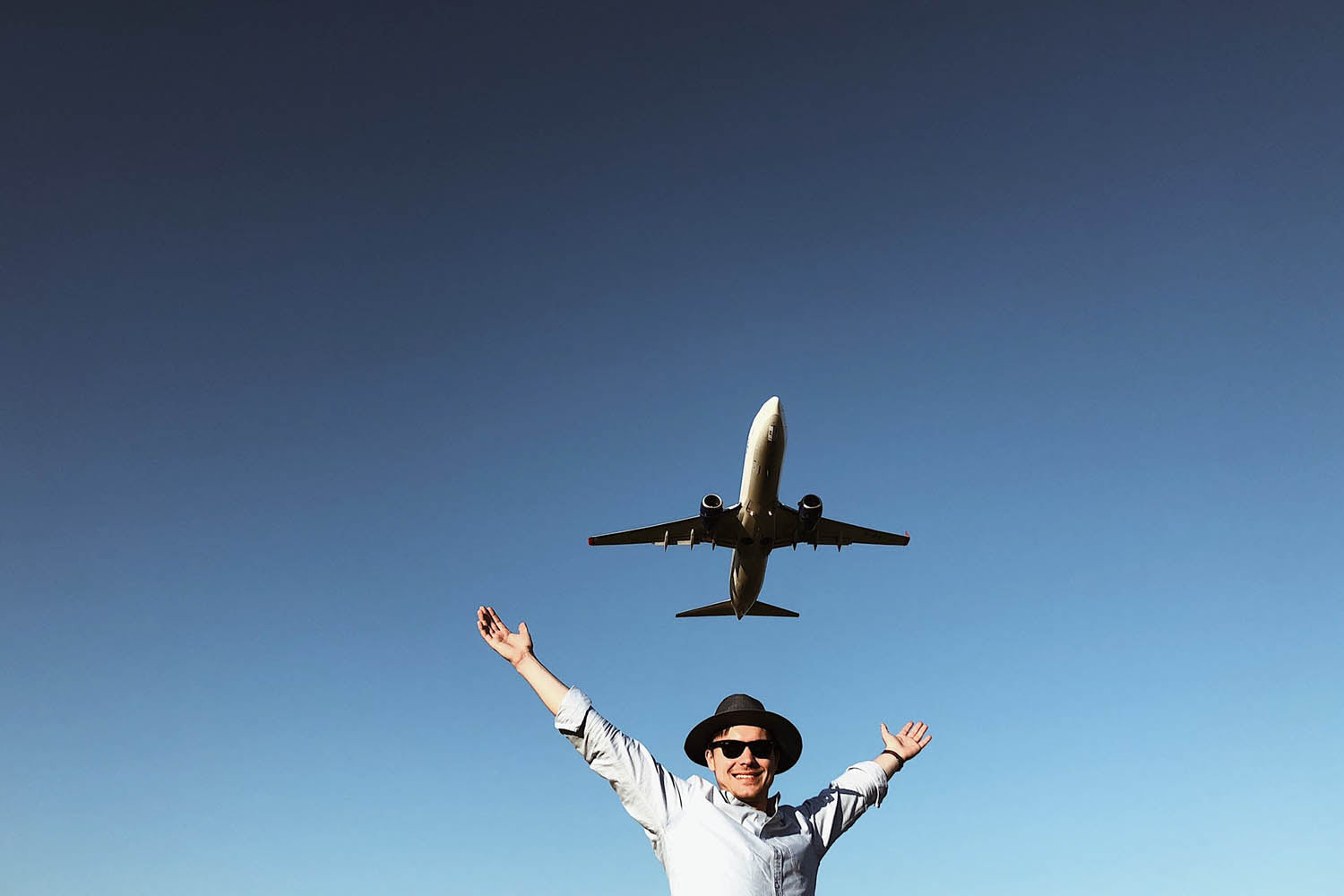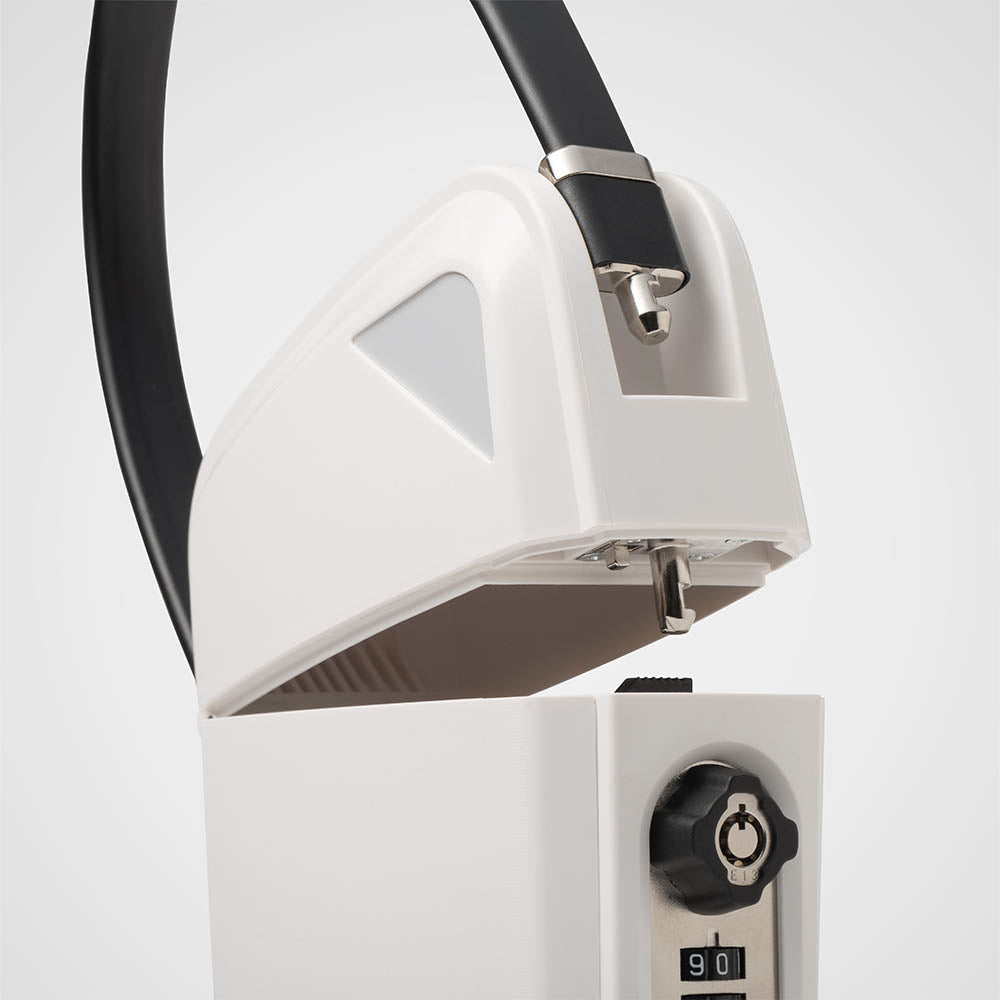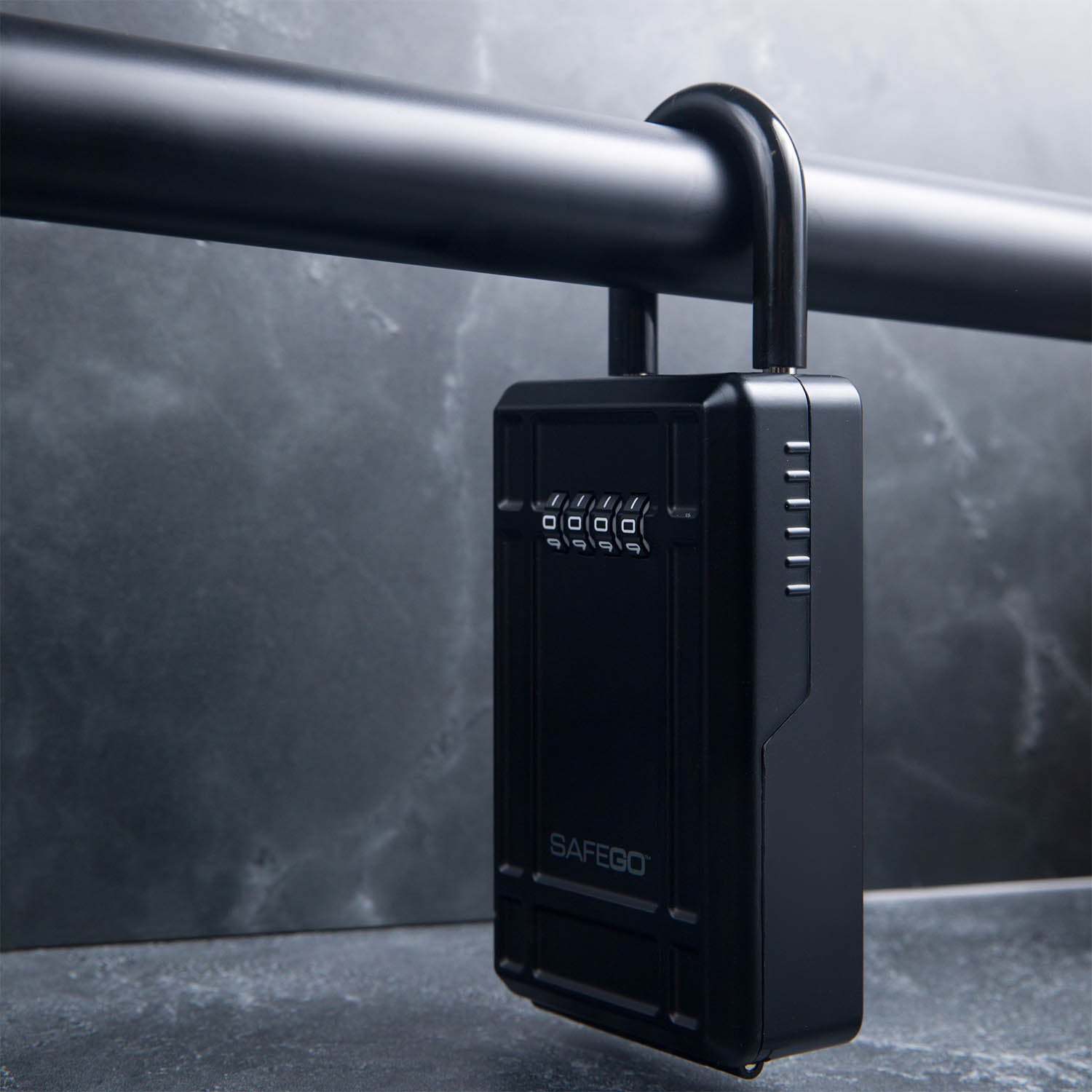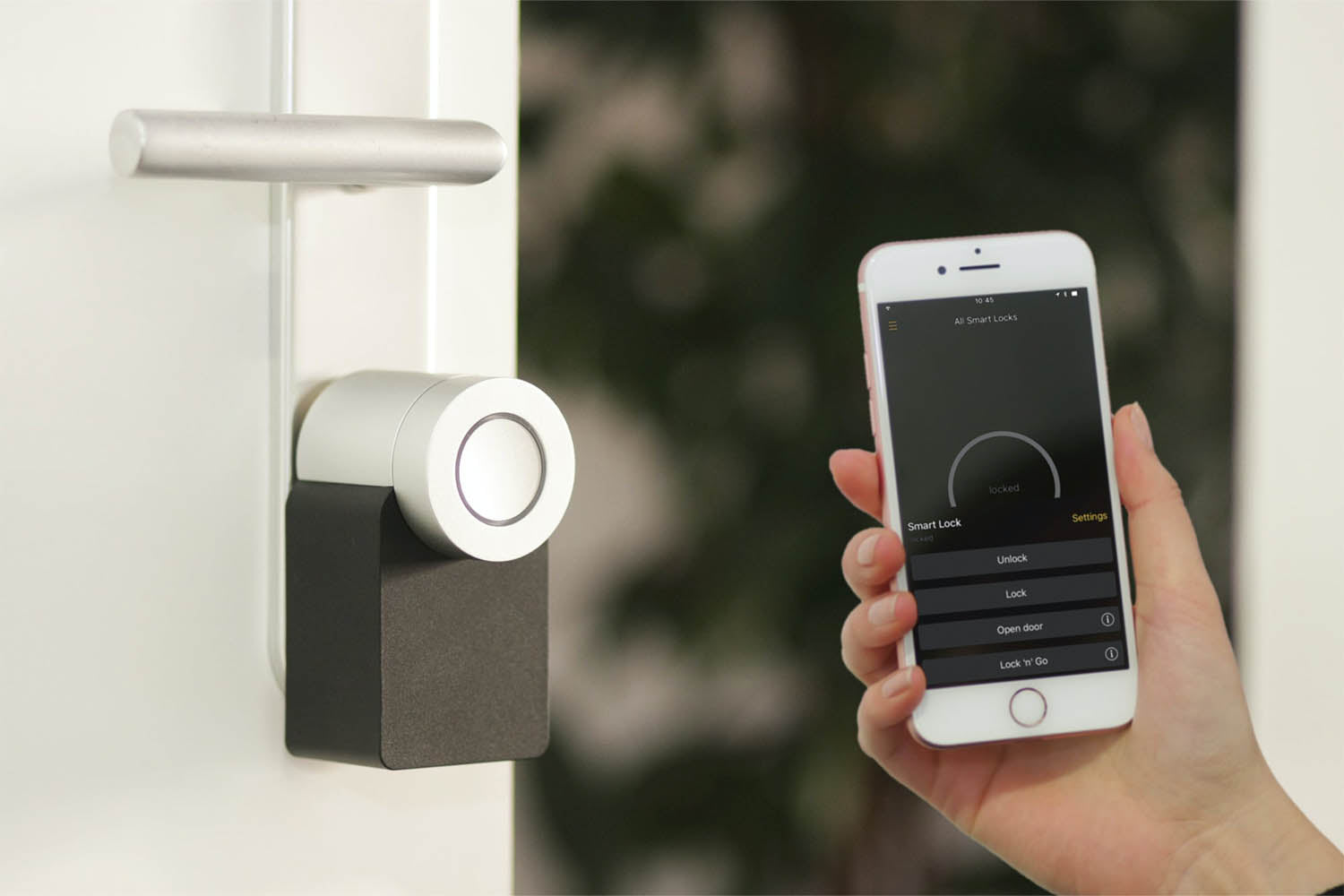
What Fully Vaccinated Travelers Need to Know Before Planning a Trip
We have been fortunate enough to gain access to multiple types of vaccines for the current virus that has caused the pandemic – and we all hope that timely vaccination will not only lead to opening the world’s borders, but also help us explore the world safely and responsibly. With so many misconceptions circling around the web, and many conflicting bits of information, it’s essential to know what you can or cannot expect as a fully vaccinated traveler.
Different countries will have different regulations, of course, so you’ll need to adapt your plans accordingly. Add to that, you should make sure that the vaccine type you’ve received is recognized and approved in the destinations you wish to travel to. Once you have that information, here’s what else you need to do to prepare for your next trip after this long, long break!
Listen to your doctor’s advice
First of all, make sure you understand what it means to be fully vaccinated: you need to have received all the prescribed doses of your vaccine and at least two weeks need to pass from the final dose for your body to build up an immune response. Also, despite the vaccine, you can still transmit the virus, especially in tightly packed places without proper protection (masks).
Also, the time that needs to pass after your final dose is not the only thing to be mindful of. Your doctor will also have to make sure you haven’t developed any side-effects or health issues, so it’s wise to check with your doctor before you travel, even though you’ve been inoculated.
Source: Unsplash.com
Protect your documentation while on the go
Now that you’re vaccinated, depending on your country of origin and the destination you choose, you’ll need all kinds of paperwork to travel. Some countries demand vaccine passports, while others require negative tests that are no older than 72 hours on the day of arrival, in addition to proof of vaccination. To make sure your paperwork is secure, you can bring a portable safe to store your vaccine passport as well as your test results.
Imagine the hassle of discovering that someone swiped these documents from you together with your wallet – you’d be stranded, and you’d have to obtain all that paperwork again. First ensure that you have brought all the paperwork you need for that destination, and then keep it locked in a safe for the duration of your trip.

Choose safe destinations and accommodation
From Iceland, Hong Kong, all the way to New Zealand, some countries have been quick and efficient in their response to the pandemic, making them the best possible places to visit once the pandemic dwindles. For travelers wanting to explore Hong Kong, a beehive of locals as well as international travelers, you should look for clean and well-maintained accommodation.
International visitors should research apartments for rent in Hong Kong, which are not only situated in the best possible, well-connected locations, but also superbly clean and with great amenities. You should have access to a communal kitchen, for example, but you also need to be able to rely on elevated hygiene and cleaning services, as well as other COVID-19 precautions to ensure your safety and health.
Masks will still be a necessary precaution
Being vaccinated serves primarily to reduce the chances of getting severe COVID-19 symptoms such as pneumonia or high fever, as we’ve heard so many times in the past several months. Remembering that it’s still possible to get sick, albeit without symptoms (at least severe ones) will also explain the need to keep wearing masks and practice essential hygiene whenever possible. Of course, it’s best to travel to the safest possible destinations even when you’re vaccinated, but remember that not every country has access to the same vaccination program.
So, bring your masks and wash them regularly at appropriate temperatures to kill the germs. Make sure you bring a hand sanitizer, or buy some at your destination of choice, and remember to wash your hands, and not to touch your face. Masks will help you prevent the spread of the virus in case you do contract it, so that other people around you don’t get sick, especially if they didn’t get the vaccine yet.
Go for less crowded trips at first
Trips that still accommodate social distancing are more encouraged than all other, crowded options such as packed cruises. As airlines slowly bounce back and more transportation opportunities open up, you’ll be able to visit every place you want to, but with social distancing in mind. Look for arrangements and travel packages designed by professional agencies that keep this precaution in mind.
They already need to have the list of specific places, available accommodation and activities that will not put anyone in danger of contracting the virus – or that at the very least significantly reduce this risk. You might crave for group travel or visiting sights that are typically packed with tourists, it’s ideal to adapt your plans by coming up with activities that keep you at a safe distance from crowds, at least until the situation settles.
Even though you’ll be fairly well-protected once you are fully vaccinated, you still need to keep other people in mind, their health, and the possibility of spreading the virus while being asymptomatic. Taking these and other location-specific precautions will be the most effective way to restore our travel freedom and go back to our bucket list with renewed enthusiasm and peace of mind.





